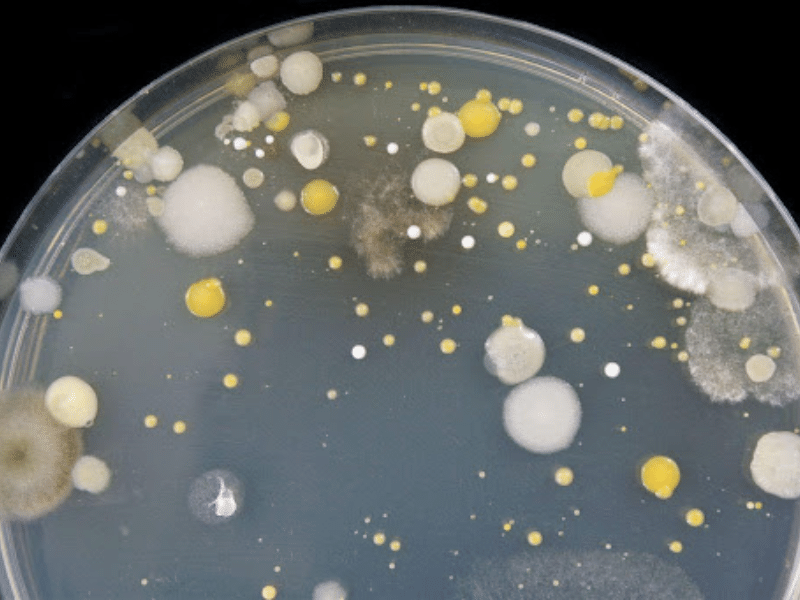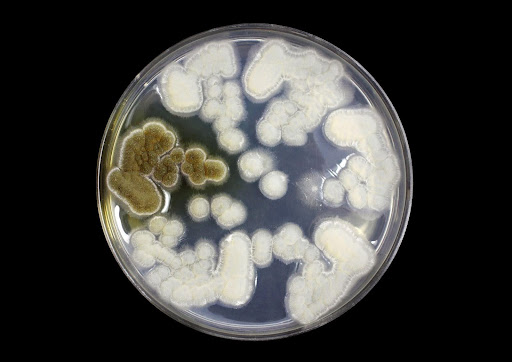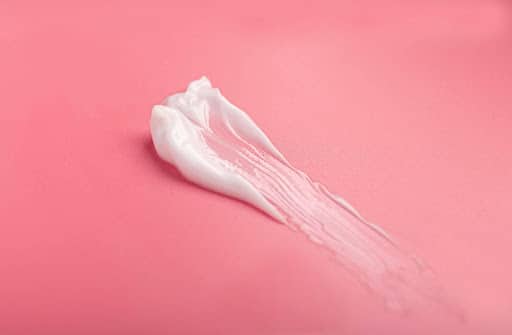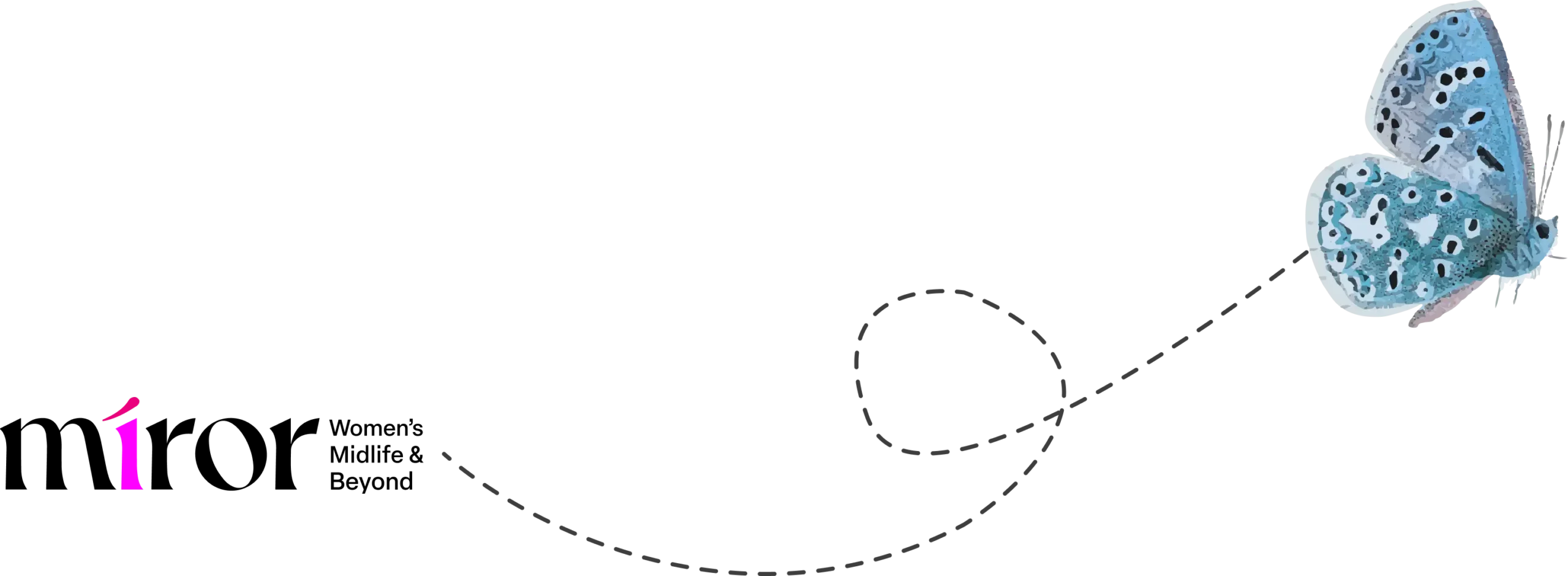
Menopause and Yeast Infections: What Women Need to Know for Their Better Health
A Guide to Understanding Menopause and Yeast Infections
Menopause is one of the most significant biological milestones for a woman, marking it as the cessation of her reproductive years and menstruation. During this phase, a woman’s body stops making hormones, including estrogen hence; making her susceptible to common infections such as vaginal yeast infections or bacterial vaginosis (BV). Therefore, all women must comprehend the symptoms of common menopause yeast infection and its effective treatments.
Comprehending Menopause and Yeast Infections
Women around the age of 50 are likely to experience menopause although the exact timing can vary. There is a significant drop in the hormone levels of a woman during and post-menopause, at this point; half of the women have vaginal atrophy, as the walls of the vagina get dry, thin, and inflamed and is more likely to tear while having intercourse.
Vaginal yeast infections or bacterial vaginosis (BV) are also expected to take place during this stage as this causes infections inside and around the vagina in postmenopausal women causing an imbalance in the vaginal microflora.
Comparing Vaginal Yeast Infections and Bacterial Vaginosis (BV) during Menopause
Vaginal yeast infections occur due to excessive growth of fungus like candida albicans whereas bacterial vaginosis occurs due to an imbalance of bacteria in the vaginal microbiome. Generally, a healthy vaginal pH level is acidic ranging from 3.8-4.5, Lactobacillus is a good bacteria interfering with uropathogens helping in maintaining the pH balance of the vagina and supporting the vaginal microbiome.
Lactobacillus generates lactic acid to maintain a healthy pH in the vagina. Candida is a fungus that grows organically in the vagina and lactobacilli helps in controlling its excessive growth.
The hormonal changes during this period decrease the lactobacillus, leading to pH alteration and having higher chances for BV or vaginal yeast infection. When the estrogen level along with lactobacillus decline in the vagina during menopause there are higher chances of candida overgrowth.

Symptoms of Menopause and Yeast Infections
The stage of perimenopause comes with various symptoms that gradually show the entry of menopause. Recognising the symptoms of menopause and yeast infections is crucial for its timely treatment, hence; some of the common yeast infection symptoms are:
- Vaginal Itching
- Swelling
- Clumpy or Thick Vaginal Discharge
- Soreness
- Redness and Vulvar Rash
- Pain or Burning During Intercourse
- Burning Sensation During Urination

The above-stated symptoms of yeast infection after menopause help women in understanding the difference between a yeast infection and other vaginal complexities that are common during menopause such as bacterial vaginosis or atrophic vaginitis.
There are also some alarming symptoms of menopause that a woman experiences during this phase, some of which are:
- Irregular Periods
- Reduced Sexual Urge and Cessation of Reproduction
- Mental and Emotional Disbalance Leading to Extreme Mood Swings
- Hot Flashes
- Breast Tenderness
- Weak Bones and Osteoporosis
- Excessive Hair Loss
- Having Acne, Wrinkles, and Dry Skin
These are the most common symptoms of menopause which is commonly experienced by women, hence this acts as an alarm for them to start taking necessary measures to prevent any severity.
Common Triggers Leading to Menopause Yeast Infection Symptoms
Certain common factors lead to menopause yeast infection symptoms, such as activities including swimming, sitting at the beach, and doing exercises can lead to the growth of yeast infection as they tend to thrive in moist, dark, and warm environments.
Women staying in damp and warm clothes for a longer time create a favorable environment for yeast infections to grow. Few of the other common triggers of yeast infection include:
- Wearing synthetic material for undergarments and having ill-fitted thong underwear
- Having intercourse
- Wearing wet and swampy clothes
- Intake of excessive dietary sugar or consumption of hormone medicines including contraceptives
During this transitionary period women experience various hormonal shifts and the above-stated activities will make them more prone to yeast infections after menopause.

Managing Menopause Yeast Infection Symptoms Effectively
Managing yeast infection symptoms during menopause can be challenging, as hormonal changes can increase susceptibility. Here are some strategies for effective management:
1. Maintain Proper Hygiene
- Gentle Cleansing: Use mild, fragrance-free soaps to clean the vaginal area. Avoid douching, which can disrupt the natural balance of bacteria.
- Wear Breathable Fabrics: Opt for cotton underwear and avoid tight clothing to keep the area dry and reduce irritation.

2. Dietary Adjustments
- Reduce Sugar Intake: High sugar levels can feed yeast, so minimizing sugar in your diet can help prevent infections.
- Probiotics: Include probiotic-rich foods like yogurt or take supplements to support healthy gut and vaginal flora.
3. Stay Hydrated
- Drinking plenty of water can help flush out toxins and reduce the concentration of sugars that may contribute to yeast growth.

4. Over-the-Counter Treatments
- Antifungal Creams and Suppositories: These can be effective in treating mild yeast infections. Look for products containing miconazole or clotrimazole.
- Moisturizers and Lubricants: Use vaginal moisturizers and water-based lubricants to alleviate dryness and irritation that can accompany menopause.
5. Consult with a Healthcare Provider
- Hormone Replacement Therapy (HRT): If recurrent infections are linked to hormonal changes, HRT might help stabilize estrogen levels, reducing the risk.
- Antifungal Medications: For severe or recurrent infections, a doctor may prescribe oral antifungal medications.
6. Lifestyle Changes
- Manage Stress: Chronic stress can weaken the immune system, making you more susceptible to infections. Practice stress management techniques like yoga, meditation, or deep breathing exercises.
- Exercise Regularly: Physical activity boosts overall health and immunity, helping to fend off infections.

7. Regular Medical Check-ups
- Regular visits to your gynecologist can help monitor any changes and catch infections early, allowing for prompt treatment.
Managing yeast infection symptoms during menopause involves a combination of good hygiene, dietary adjustments, and appropriate medical interventions. Regular monitoring and proactive care are key to minimizing discomfort and maintaining overall health.
Key Takeaways
Menopause is the ‘second spring’ in Chinese medicine, and spring resembles vitality, power, growth abundance, and expansion. Hence, women who have embarked on this journey need to understand the relationship between menopause and yeast infection as that will help them in prioritizing their vaginal hygiene and health.
Identifying the symptoms of yeast infection after menopause will bring women closer to acknowledging the severity of it, if not treated properly. Also, considering the required measures during the perimenopausal stage will benefit them in avoiding any menopause yeast infection symptoms.
With the help of the right knowledge and resources perimenopause and menopause can be embraced with confidence and minimal disruption to everyday life. Women must become proactive in managing their vaginal hygiene and health as well as protect themselves from the above-discussed menopause yeast infection symptoms.
How will Miror Help you in your Perimenopause and Menopause Journey?
You can join our Miror community where we provide you with the necessary resources, support, and knowledge that will make your perimenopause and menopause journey easier. You can also schedule your appointments with our trusted professionals who will help you navigate your journey and answer all your queries.
Citations
- https://www.nytimes.com/2023/02/01/magazine/menopause-hot-flashes-hormone-therapy.html
- https://www.independent.co.uk/news/health/menopause-drug-veoza-hot-flush-b2521311.html
- https://www.theguardian.com/society/article/2024/jul/21/women-dealing-with-menopause-preparation-planning-australia
- https://www.ncbi.nlm.nih.gov/pmc/articles/PMC5770522/
- https://www.webmd.com/menopause/menopause-vaginal-yeast-infections
- https://www.ncbi.nlm.nih.gov/pmc/articles/PMC4303100/

Prativa Chatterjee







